All Stories
-
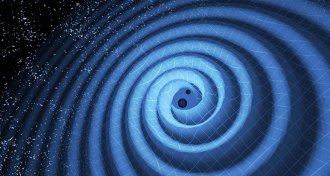 Physics
PhysicsSecond gravitational wave signal detected
LIGO has spotted a second set of ripples in the fabric of spacetime.
-
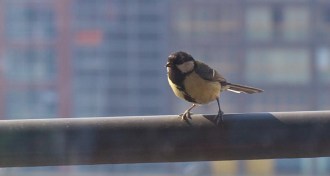 Animals
AnimalsCity living shortens great tits’ telomeres
Great tits raised in urban nests have shorter protective caps on their chromosomes than those raised in rural nests.
-
 Animals
AnimalsCity living shortens great tits’ telomeres
Great tits raised in urban nests have shorter protective caps on their chromosomes than those raised in rural nests.
-
 Life
LifeVaccines may offer defense against dengue, Zika and chikungunya
Mosquitoes carry several harmful viruses—dengue, Zika, chikungunya. Vaccines may be the best means of defense.
By Laura Beil -
 Health & Medicine
Health & MedicineWHO: Very little risk that Brazil’s Olympics will speed Zika’s spread
Olympics not likely to hasten international spread of Zika virus, according to WHO analysis that includes data from previous mass gatherings.
By Meghan Rosen -
 Astronomy
AstronomyLimestone world gobbled by planet-eating white dwarf
Debris from a shredded planet points to a world that was once covered in calcium carbonate.
-
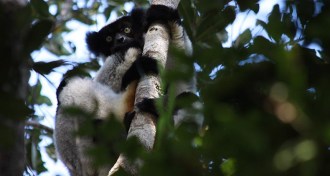 Animals
AnimalsLemurs sing in sync — until one tries to go solo
Indris, a lemur species in Madagascar, sing in synchrony and match rhythm, except for young males trying to stand out.
-
 Planetary Science
Planetary ScienceLong-lost ‘extinct’ meteorite found
A newly discovered meteorite, nicknamed Öst 65, may have originated from the same collision that formed L chondrites, one of the most abundant groups of meteorites on Earth.
-
 Chemistry
ChemistryMovie viewers’ exhaled chemicals tell if scene is funny, scary
Changes in trace gases exhaled by movie audiences could point the way to a subtle form of human communication.
-
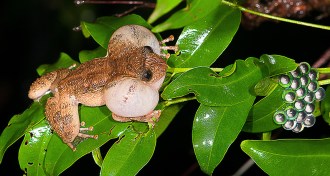 Animals
Animals‘Kermit Sutra’ gets seventh amphibian mating position
Bombay night frogs’ unusual mating protocol features indirect sperm transfer and female croaks.
By Susan Milius -
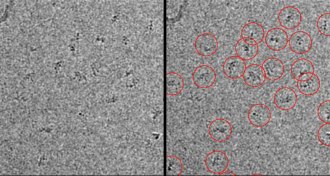 Life
LifeBiologists seek help to ‘see’ itty-bitty molecules in 3-D
A new citizen science project called Microscopy Masters aims to improve how scientists build three-dimensional models of proteins.
By Erin Wayman -
 Health & Medicine
Health & MedicineMoms’ voices get big reactions in kids’ brains
Mothers’ voices get big responses in kids’ brains, a neural reaction that may lead to feelings of calm.